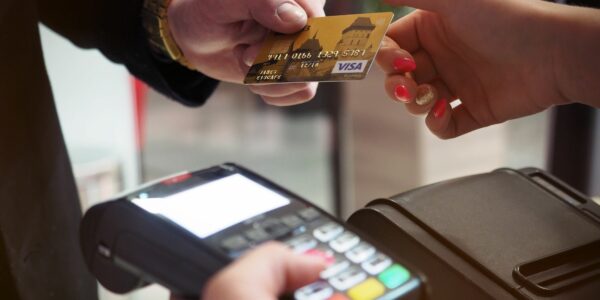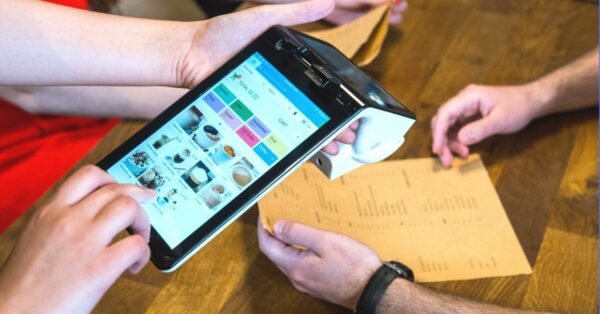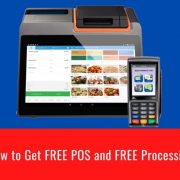What are surcharges and can restaurants implement them?
Surcharging is a way for businesses to have their customers that pay with credit cards cover the processing costs incurred for accepting those credit cards transactions, through an additional fee.
By adding this additional fee to these credit card transactions, businesses are able to cover their expenses by passing them on to customers who choose credit cards as their payment method, as opposed to those who use different payment met Surcharging is a way for businesses to have their customers that pay with credit cards cover the processing costs incurred for accepting those credit cards transactions, through an additional fee. Methods, such as cash or check, which do not come with any extra charges. A typical surcharge is approximately 3.99 percent of the total bill.
Note that surcharges cannot be imposed for debit card transactions.
Be careful though to not confuse the additional charge applied for credit cards surcharges with additional charges imposed for other reasons, such as convenience or delivery fees.
Are surcharges illegal?
The laws regarding surcharges may vary from state to state, and each credit card network has its own rules as well. The law states that restaurants and cafes can charge credit card surcharges as long as they clearly notify and inform their customers. But in some states there is a complete ban on credit card surcharges.
Credit card surcharges are not allowed to be applied in the following states:
Colorado
Connecticut
Maine
Massachusetts
Oklahoma
How to inform your customers about surcharges (as is required by law)?
Many consumers are unaware of how much additional fees they’re paying on their credit card purchases. It’s not enough to just charge the customer and let them figure out what it is – there needs to be transparency in this process because surcharges can have a significant impact on both small businesses’ bottom line as well as individual customers who may incur heftier costs than expected at checkout time.
To avoid any confusion, they need to be disclosed about it two ways:
1) At the point of entry through signage – see examples;
2) At the point of sale (on the receipt), which is done automatically by eHopper if the payment method selected is credit card (it will show the surcharge fee as part of the order bill on the receipt).
How to avoid surcharges when paying with a credit card?
There is no way for customers to avoid surcharges at establishments that impose it, when paying with a credit card. If they would like to avoid the surcharge fee, they can ask beforehand if the business applies surcharges and then pay in another payment method, such as cash or debit card, so the surcharge fee will not be applied.
Do you want to save time and money on surcharges?
In order to implement surcharges at your business, you will first need a POS that has this feature, so that the fee can be automatically added when credit cards are chosen as the transaction type, and the surcharge details can be disclosed on the customer receipts (as is required by law).
When choosing a POS, pay attention to not only its features, but also its cost and how easy it is for your employees to learn how to use it, without investing too much time on training them.
eHopper is very affordable and easy to use. You can set up your store’s surcharge fees in just a few minutes, and then have them automatically applied when customers pay by credit card.
Save money today by using surcharging, with our easy-to-use system that will take care of all operations for you. And don’t worry – we’re always here if you need us, with 24/7 Support and onboarding assistance!
Click this link now to get started with surcharging today!
If you already have an eHopper account and want to set up surcharges, please see the following link for detailed instructions: how to apply surcharges on eHopper POS.
Start saving today!










